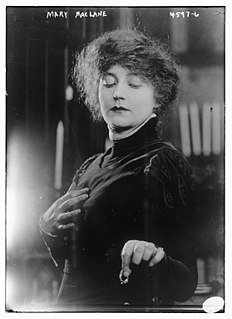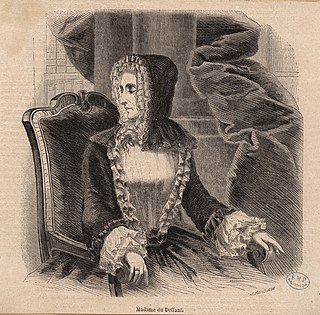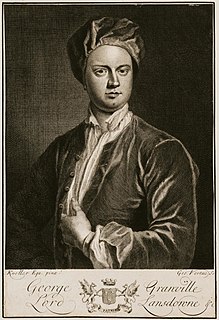A Quote by John Dryden
The thought of being nothing after death is a burden insupportable to a virtuous man.
Related Quotes
I can think of nothing in the world like the utter littleness, the paltriness, the contemptibleness, the degradation, of the woman who is tied down under a roof with a man who is really nothing to her; who wears the man’s name, who bears the man’s children — who plays the virtuous woman. . . . May I never, I say, become that abnormal merciless animal, that deformed monstrosity — a virtuous woman.
We are left with nothing but death, the irreducible fact of our own mortality. Death after a long illness we can accept with resignation. Even accidental death we can ascribe to fate. But for a man to die of no apparent cause, for a man to die simply because he is a man, brings us so close to the invisible boundary between life and death that we no longer know which side we are on. Life becomes death, and it is as if this death has owned this life all along. Death without warning. Which is to say: life stops. And it can stop at any moment.
There are two merits that glorify a person: being courageous for a man and being virtuous for a woman. Besides these two, there is another merit that glorifies both man and woman: so much loving the homeland to an extent with being ready to sacrifice his/her life, if needed. Turks are such courageous and virtuous people. That is why you can kill a Turk but you can never defeat them.
Men fear thought as they fear nothing else on earth - more than ruin, more even than death. Thought is subversive and revolutionary, destructive and terrible, thought is merciless to privilege, established institutions, and comfortable habits; thought is anarchic and lawless, indifferent to authority, careless of the well-tried wisdom of the ages. Thought looks into the pit of hell and is not afraid ... Thought is great and swift and free, the light of the world, and the chief glory of man.
Some persons hold that, while it is proper for the lawgiver to encourage and exhort men to virtue on moral grounds, in the expectation that those who have had a virtuous moral upbringing will respond, yet he is bound to impose chastisement and penalties on the disobedient and ill-conditioned, and to banish the incorrigible out of the state altogether. For (they argue) although the virtuous man, who guides his life by moral ideals, will be obedient to reason, the base, whose desires are fixed on pleasure, must be chastised by pain, like a beast of burden.
From a Buddhist point of view, the actual experience of death is very important. Although how or where we will be reborn is generally dependent on karmic forces, our state of mind at the time of death can influence the quality of our next rebirth. So at the moment of death, in spite of the great variety of karmas we have accumulated, if we make a special effort to generate a virtuous state of mind, we may strengthen and activate a virtuous karma, and so bring about a happy rebirth.
The Master gives himself up to whatever the moment brings. He knows that he is going to die, and her has nothing left to hold on to: no illusions in his mind, no resistances in his body. He doesn't think about his actions; they flow from the core of his being. He holds nothing back from life; therefore he is ready for death, as a man is ready for sleep after a good day's work.







































